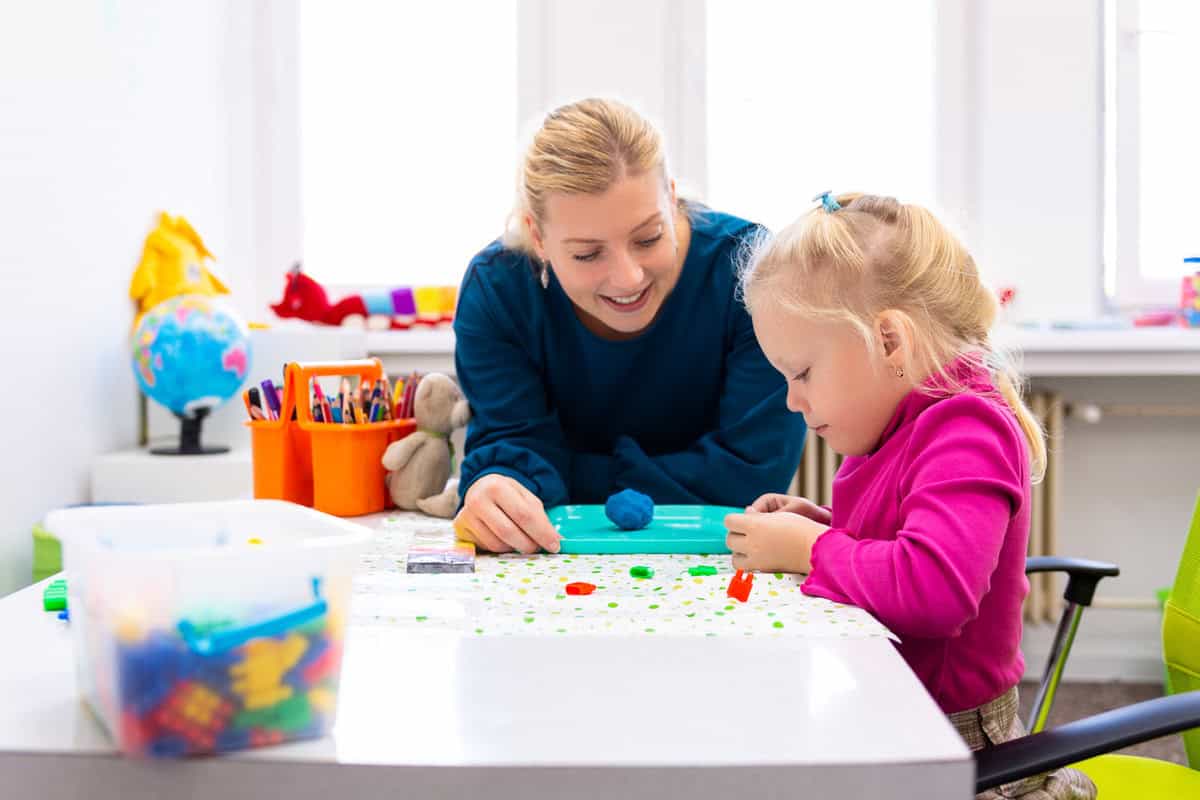Anxiety is a natural emotion, but for some children, it can become overwhelming and interfere with their daily life. Parenting a child with anxiety can be challenging, but with the right strategies, you can help them navigate their feelings and build effective coping skills. Understanding the signs of anxiety in children and learning how to provide support are crucial steps in managing anxiety effectively.
Recognizing the Signs of Anxiety in Children
Children with anxiety may not always express their worries directly. Instead, their feelings might manifest through behaviors such as:
· Excessive worry about future events or performance in school
· Avoidance of anxiety-provoking situations
· Frequent physical complaints like stomachaches or headaches
· Difficulty sleeping or frequent nightmares
· Irritability or sudden mood swings
· Clinginess or reluctance to separate from caregivers (separation anxiety)
Recognizing these signs of anxiety early can help parents provide the necessary support before it escalates into more severe anxiety disorders.
How to Support Your Anxious Child
1. Validate Their Feelings
When your child is feeling worried or struggling with anxiety, acknowledging their emotions is essential. Validating their feelings does not mean agreeing with their fears but rather showing understanding and empathy. Saying, “I can see that this is really hard for you, and it’s okay to feel this way,” helps children feel heard and supported.
2. Teach Your Child Coping Skills
Providing children with practical coping skills can empower them to manage anxiety in stressful situations. Some effective techniques include:
· Deep breathing exercises to calm their nervous system
· Practicing mindfulness and grounding techniques
· Encouraging positive self-talk to replace anxious thoughts
· Teaching problem-solving skills to handle difficult situations confidently
3. Encourage Your Child to Face Their Fears
Avoiding anxiety-provoking situations can reinforce fear and make anxiety worse over time. Encourage your child to take small, manageable steps toward facing their fears. Praise their efforts and remind them that feeling anxious is temporary and can be worked through.
4. Help Your Child Develop a Problem-Solving Mindset
Teaching problem-solving skills enables children to feel more in control when facing challenges. Guide them in breaking down problems into smaller, more manageable steps. Ask open-ended questions like, “What do you think we can do to make this situation less stressful?” to encourage their participation in finding solutions.
5. Create a Supportive Environment
Children with anxiety thrive in a structured and predictable environment. Maintain consistent routines, provide reassurance in new or stressful situations, and set clear expectations. Encourage open communication so your child feels comfortable expressing their emotions without fear of judgment.
When to Seek Professional Help
If your child’s anxiety significantly impacts their daily life, school performance, or social interactions, consulting a mental health professional may be beneficial. Therapists specializing in child anxiety can offer personalized strategies for managing anxiety and provide guidance for parents on how to support their child effectively.
Final Thoughts: Take Action Today
Parenting a child with anxiety requires patience, understanding, and proactive support. By recognizing the signs of anxiety, validating their feelings, and teaching coping skills, you can help your child develop resilience and confidence. If your child is struggling with anxiety, don’t hesitate to seek guidance from a mental health professional. Taking small steps today can make a big difference in your child’s well-being and emotional growth.
Call Silverlake Psychology today to learn more about our therapeutic services!


